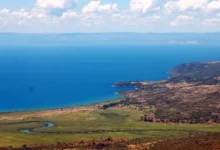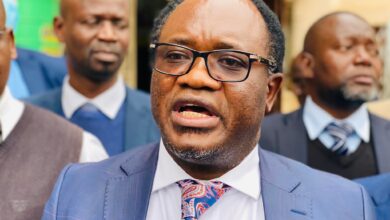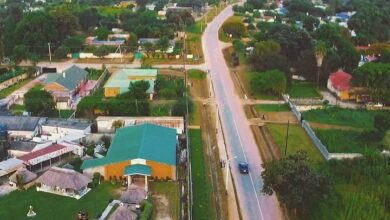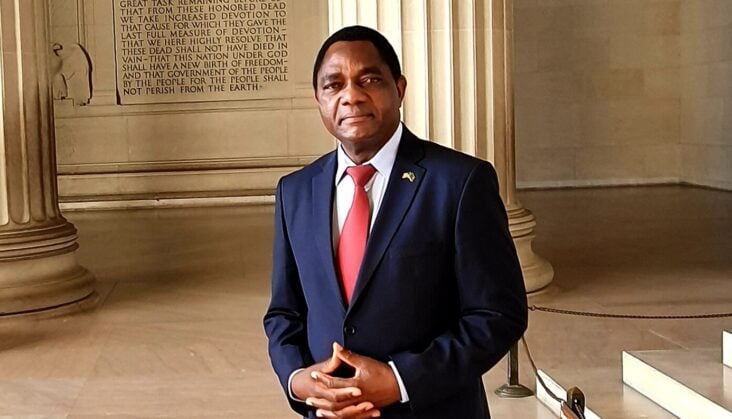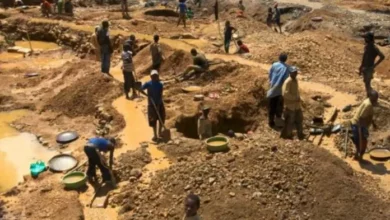
Zimbabwe continues to take the lead in the fight against HIV after the recent approval of an injectable form of pre-exposure prophylaxis (PEP).
A jab of cabotegravir after every two months can help reduce the risk of getting HIV in sexually active women, according to clinical data from trials which have been conducted in Zimbabwe since 2018.
Zimbabwe is among six Sub-Saharan Africa countries that have been conducting the clinical trials, with over 3 000 women from the region including 800 from Zimbabwe undergoing trials.
We tracked some of the women who were part of clinical trials conducted by a team of experts from the University of Zimbabwe and its partners.
“As a young woman at risk of getting infected, I volunteered to be part of these trials, so when the community health workers were scouting in our area I said this an opportunity for me to help in the fight against HIV. I only got to know about the side effects when I read about them on the consent forms. I was a bit scared at first, but when they went through the consent forms with me I got reassured. I started taking the injection in October 2018. At the beginning I only experienced common side effects like nausea and constipation, but safety is their first priority so we got treatment, but now I am no longer experiencing any side effects,” said a participant.
“By the time I joined these trials, I remember that time I was dating an HIV positive partner, so the moment those ladies came telling us about the trials. I think it was an opportunity for me since I had an opportunity partner at that time. At first, I was afraid of the side effects. I started taking the drug in January 2018 and fortunately for me I didn’t experience any side effects,” said another.
Principal investigator from the University of Zimbabwe, Dr Nyaradzo Mgodi is excited about the ground breaking clinical research, “Cabotegravir is an anti-retro viral drug of the group what we call instis, so when we prevent or treat HIV we target many parts of the lifestyle, so the Cabotegravir targets the enzyme that we call intergrates, so Cabotegravir is an intergrate inhibitor, it prevents replication of HIV.
“This trial was conducted in 7 sub-Saharan African countries including Zimbabwe. As you know, sub Saharan Africa is the epicentre of HIV so we recruited 3 200 women of which 800 came from Zimbabwe. We were looking at preventing HIV, so when you want to prevent a disease in those who are at risk for that disease hence we worked with women who medically we felt were at risk for HIV. After following them up, we determined that Cabotegravir was 9 times as efficacious as truvadar, Truvadar is really a good drug, but this one because it’s an injectable it was highly efficacious.”
Director at the University Of Zimbabwe Clinical Research Centre, Professor Zvavahera Chirenjestressed the importance of clinical trials.
“Clinical trials are important, we cannot afford manufacturing a drug and giving it straight to human beings, so we need local data and that from other countries to make sure that the drug is safe and that the drugs work for the indication we are testing it form. For this Cabotegravir which was given intramuscular, we were testing it to make sure that it prevents HIV, more over we also wanted to make sure that it’s safe to give it so were monitoring people who are in the trials. Then we take that dossier, all the data to the Medicines Control Authority of Zimbabwe and they look at it to make sure that it’s safe and indeed is protecting the indication that it’s going to be registered under,” he noted.
Given a choice between the daily pill, which is already in use and the Cabotegravir injection, ladies interviewed by ZBC News prefer the injection.
“People should enroll in these types of trials, yes sometimes you will be afraid that it’s a trial what if but I think it’s better,” noted one.
“I would advise ladies who have HIV positive partners, sex workers who are at risk of getting HIV to take up the drugs so that their chances of getting HIV are lesser and given a choice between the pill and injection would pick the injection because it’s not easy taking the pill everyday, I feel having one dose of the injection once every 2 months is better,” said another.
Based on World Health Organisation (WHO) recommendations, the Cabotegravir may be offered to people at substantial risk of HIV infection once in two months as part of a comprehensive HIV prevention approach.
Zimbabwe is the first African country and 3rd in the world after the USA and Australia to approve the drug.




